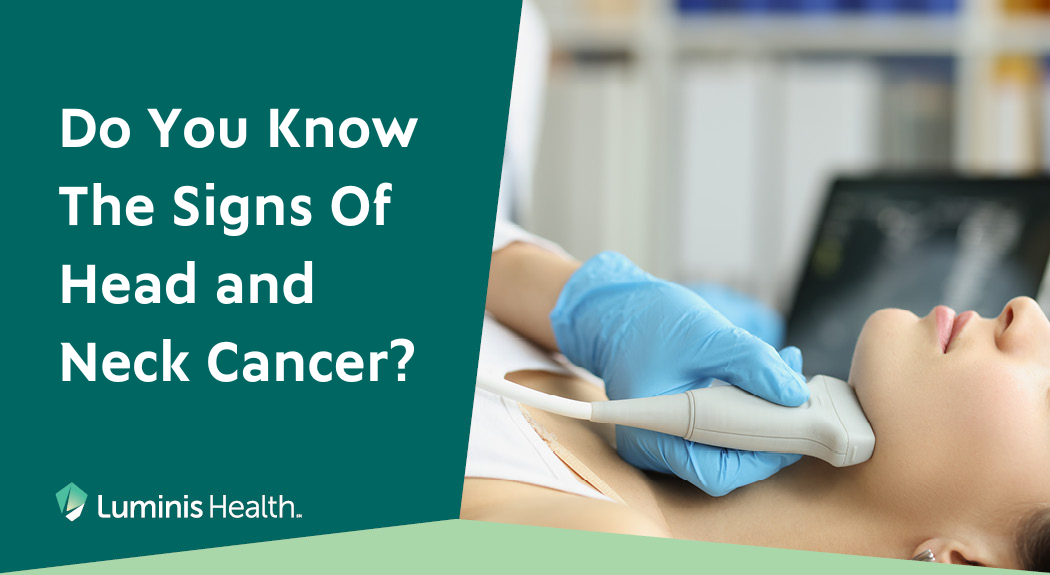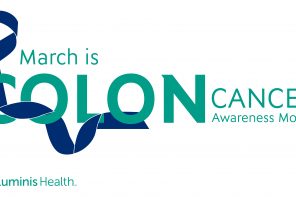When cancer begins inside the mouth, throat or nose, it is considered a head and neck cancer. According to the National Cancer Institute (NCI), head and neck cancers account for nearly 4 percent of all cancers in the United States. That may sound low, but more than 70,000 new cases are diagnosed in the U.S. annually. Our experts review the symptoms associated with this disease.
The signs of head and neck cancer include:
- Lumps and sores that do not heal
- Persistent sore throat
- Difficulty swallowing
- Harshness/change in voice
- Red or white patches in the mouth
- Trouble breathing or speaking
If you experience these changes, talk to your primary care doctor. These could be symptoms of cancer in the oral cavity, throat, voice box, sinuses or salivary glands. Depending on your symptoms, age and medical history, your provider can recommend a diagnostic test for you. Options including imaging, biopsies and speech and swallowing tests.
If you are diagnosed with a head and neck cancer, treatment may include:
- Surgery
- Radiation
- Chemotherapy
There is potential to use these treatments alone or combined, depending on the subtype and extent of cancer. Treatment requires expert team work among multiple doctors, such as ear-nose-throat (ENT) doctors, surgeons, radiation oncologists and dentists. These providers work together to create a treatment plan.
Risk factors for head and neck cancer include heavy tobacco use, heavy alcohol intake and human papilloma virus (HPV). In fact, according to the Head and Neck Cancer Alliance, at least 75 percent of head and neck cancers are caused by alcohol and tobacco use. To reduce your risk of this disease, our experts recommend:
Avoiding alcohol – it is best to not drink alcohol. If you choose to drink, drink moderately, limiting intake to no more than two drinks per day for men and one drink per day for women (definition per the Centers for Disease Control).
Avoiding tobacco – it is never too late to quit smoking. Call Luminis Health at 443-481-5388 for free resources to help you quit.
Vaccination for HPV – most providers routinely recommend it for preteens ages 11-12. For adults up to 45 years, have a thorough discussion with your provider.
If you or a loved one has been diagnosed with a head and neck cancer, our cancer team is here to help. Read about our cancer care services to learn more.




